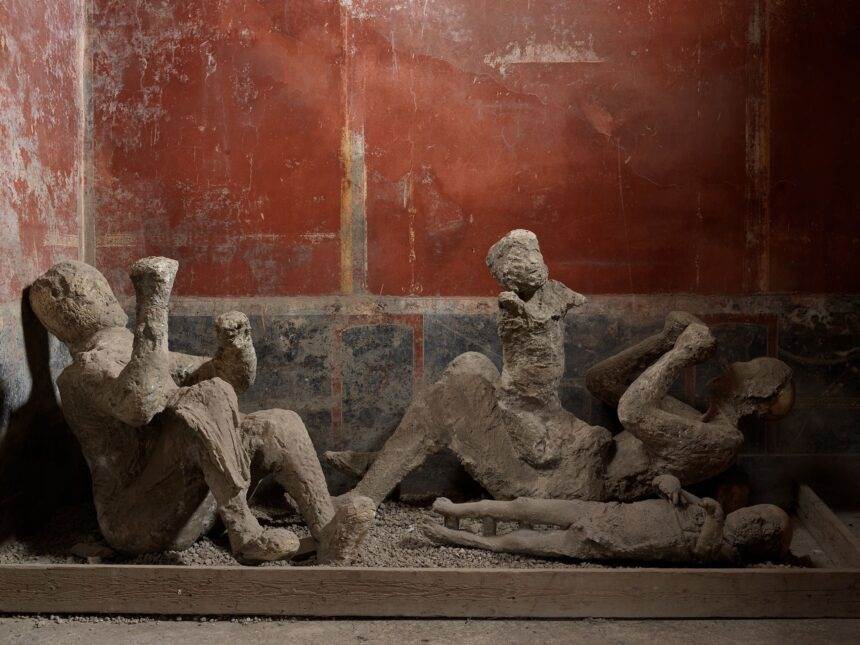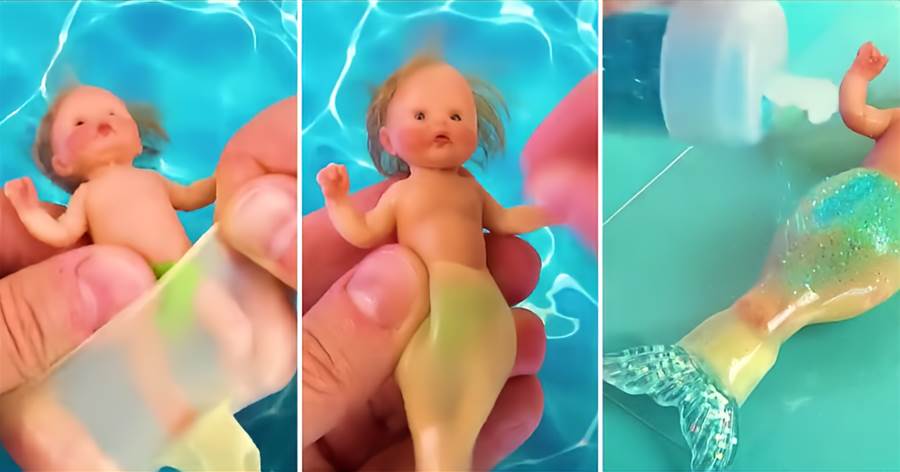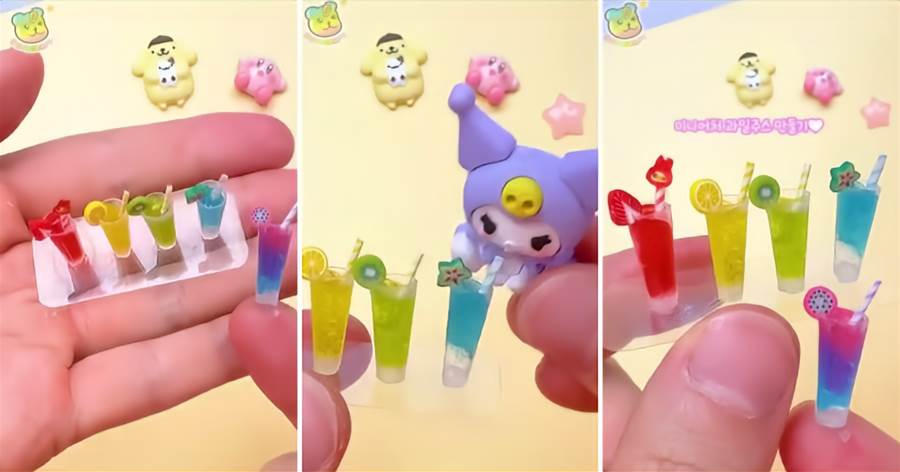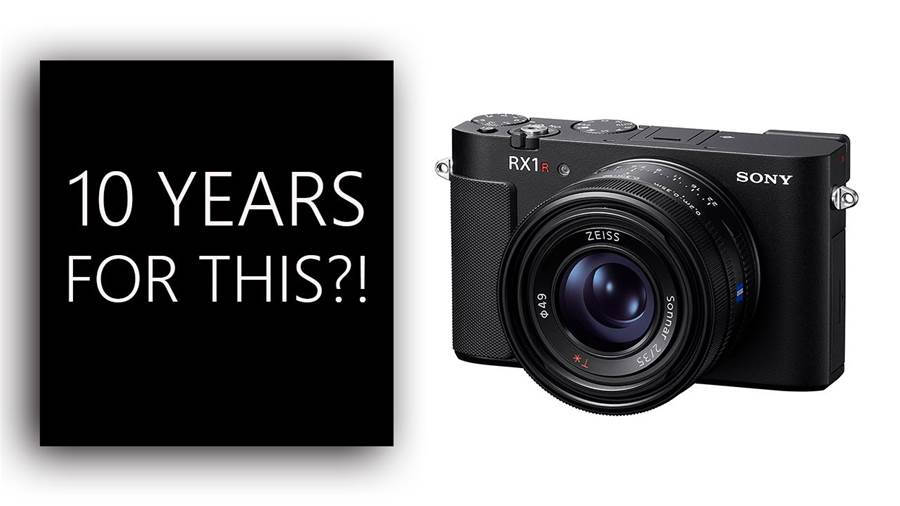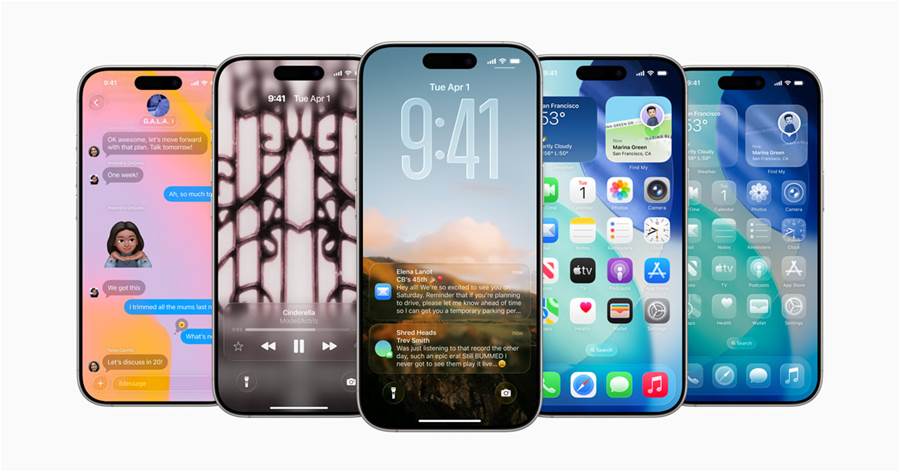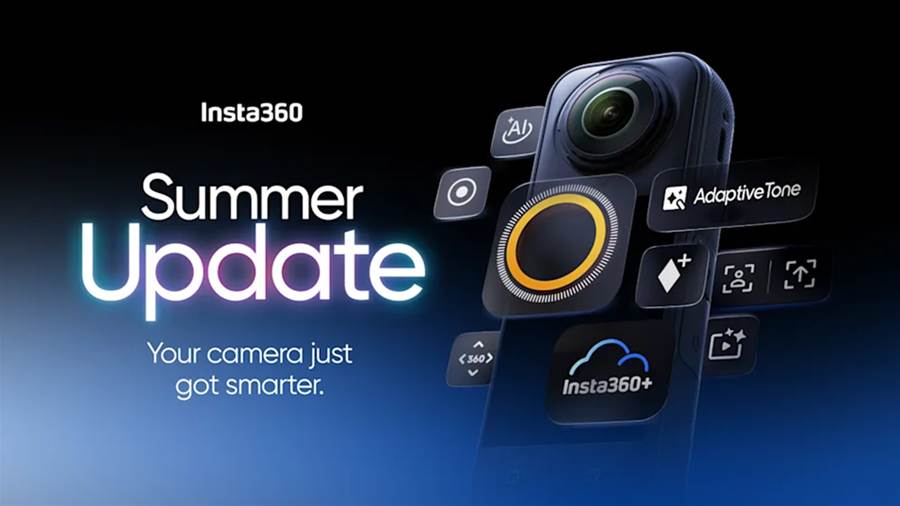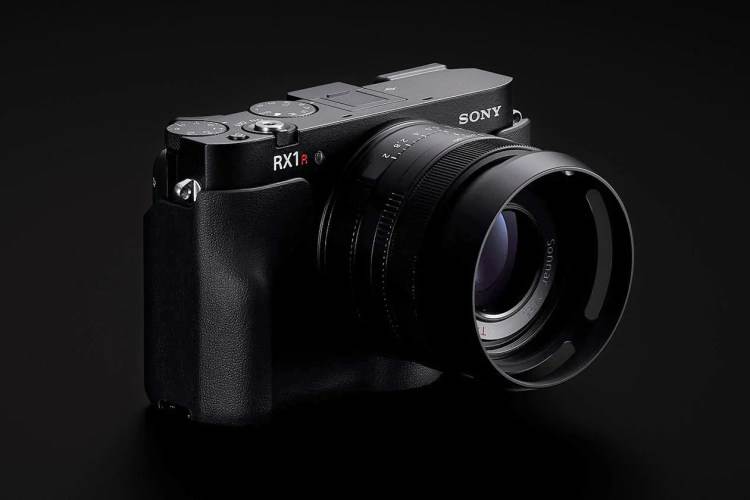
The buzz around , the highly anticipated sequel to the 2019 , is full of mixed feelings, and unfortunately, a lot of them aren’t positive.
It seems like the movie has taken an ambitious leap into the realm of musical drama, but for many, it just doesn't land quite right. What was supposed to be an intense exploration of Joker’s psyche turned out to be, well, quite the letdown. Let's dig into why is getting a reputation as a cinematic misstep.
One of the boldest moves in was its transition into a musical format. While Joaquin Phoenix returns as Arthur Fleck and brings his usual intensity, many fans were surprised by the frequent musical numbers.
Todd Phillips, the director, seems to have aimed for a fusion of gritty drama and Golden Era musical fantasy. However, rather than adding depth, the singing and dancing sequences often feel awkward and disconnected from the dark atmosphere established in the first film. According to some critics, these musical interludes attempt to add a fantastical layer to Joker’s world but end up detracting from the character's disturbing allure.
Lady Gaga’s portrayal of Harley Quinn, or Dr.
Harleen Quinzel, was a highlight for some viewers. She brings a subdued, even tragic aspect to the character that stands in stark contrast to Margot Robbie’s more chaotic rendition. However, Gaga’s character doesn’t get as much screen time as expected. This left many fans disappointed, as her role largely plays second fiddle to Arthur’s court trials and hallucinations. For all her star power, Gaga's presence feels underused, with her musical talents relegated to the sidelines, while Joker’s trial scenes dominate the plot.
In , Arthur Fleck is no longer the terrifying agent of chaos he was in the original. Instead, he's reduced to an almost sympathetic figure, trapped in his own mind and preoccupied with his identity crisis. While the first struck a chord with audiences due to its raw portrayal of a man spiraling into madness, this sequel seems to miss that edge. Critics describe Arthur’s character as “declawed,” noting that he no longer poses any real threat to Gotham or even himself.
This version of Joker is more a tragic figure lost in his own fantasies than a menacing villain, which dilutes the character’s impact.
One of the primary complaints among reviewers is that feels unnecessary. The original ended on a powerful note, leaving audiences with a haunting image of Arthur as the Joker. However, this sequel seems to drag the story out without offering much new insight. Despite Phillips’ attempts to layer the narrative with surreal courtroom scenes and musical sequences, the film is described as repetitive and, at times, even dull.
Fans of the first film might feel like dilutes the Joker’s legacy rather than expanding it.
While some critics appreciated the sequel's experimental approach, many feel it falls short of the bold vision it tries to achieve. A few found moments of brilliance, especially in the musical numbers that showcased Phoenix and Gaga’s chemistry. But for the most part, the response has been polarized, with some hailing it as a misunderstood masterpiece and others condemning it as a tedious punishment.
The result is a film that swings between the audacious and the absurd, often missing the balance needed to captivate its audience.
It seems aimed to push boundaries, but in doing so, it alienated fans who were hoping for a darker, more impactful story. By turning the film into a part-musical and part-courtroom drama, Phillips may have underestimated the appeal of Joker’s chaotic, unpredictable nature. It’s a shame, really, as there was potential for a compelling story about Arthur’s twisted romance with Harley Quinn.
But instead, it appears that leaves audiences feeling like the joke is on them.
So, what do you think? Did take a creative risk that just didn’t pay off, or is there a deeper layer of genius we’re missing? Share your thoughts on whether this sequel hits the mark or if it’s time for Gotham’s Clown Prince of Crime to hang up his smile.






